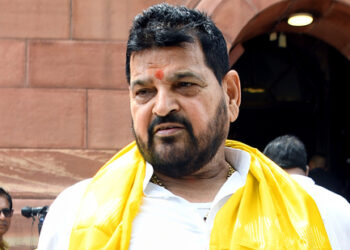The Bombay High Court has determined that a donor in a surrogacy arrangement cannot claim parental rights over a child born through the process. The judgment reinforces the legal principle that the surrogate mother and the intended parents, who engage her services under a lawful agreement, are the rightful custodians and decision-makers for the child.
The case came to the forefront when a sperm donor sought parental rights, arguing his biological connection to the child. However, the court dismissed his petition, stating that merely providing genetic material does not equate to parental responsibilities or privileges under the law.
The court emphasized that the legal framework around surrogacy in India is designed to protect the child’s welfare, ensuring a stable family environment. The decision underlines that donors relinquish their parental claims as part of the surrogacy agreement, and any attempt to assert such rights undermines the fundamental premise of surrogacy arrangements.
This ruling is expected to have widespread implications for surrogacy laws in India, clarifying the roles and responsibilities of all parties involved. It serves as a reminder that the best interests of the child remain paramount in legal disputes surrounding surrogacy and parenthood.








 India
India












